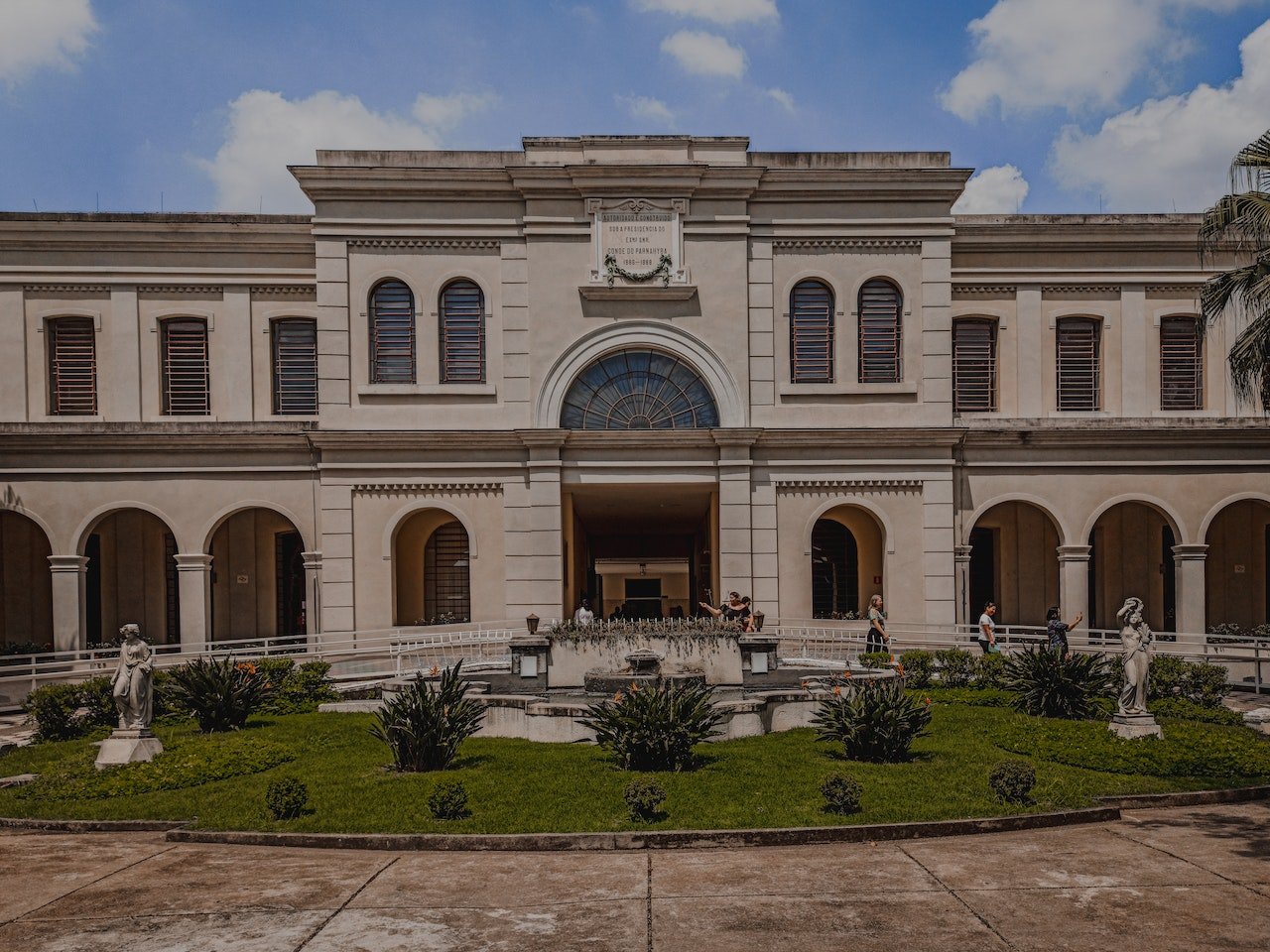Understanding Immigration Law’s Complexity

In a world that’s more connected than ever, immigration has become an integral part of our society. People move across borders for various reasons, such as seeking better opportunities, reuniting with family, or escaping conflict. However, the process of immigration is not as straightforward as it may seem. Immigration law is a complex web of rules and regulations that dictate who can enter a country, how long they can stay, and what rights and responsibilities they have. In this article, we will delve into the intricacies of immigration law, uncovering its complexities and shedding light on the challenges immigrants face.
Contents
The Basics of Immigration Law
Defining Immigration Law
Immigration law is a set of rules and regulations that govern the entry, stay, and exit of non-citizens in a country. It is designed to safeguard a nation’s interests while providing a framework for legal immigration.
Categories of Visas
There are various types of visas, each serving a specific purpose. These visas range from tourist and student visas to work visas and asylum seekers’ visas.
Admission and Exclusion
Not everyone who applies for a visa is granted admission to a country. Immigration law outlines the criteria for admission and the grounds for exclusion.
Paths to Citizenship
Immigration law also establishes pathways to citizenship, which often involve a series of legal requirements, including residency and language proficiency.
The Complex Immigration Process
Application Procedures
The process of applying for a visa can be intricate and time-consuming. Applicants must provide a range of documents, attend interviews, and satisfy eligibility criteria.
Immigration Detention
In some cases, individuals may be detained by immigration authorities while their status is determined. This can be a challenging and bewildering experience.
Deportation
Immigration law also addresses the circumstances under which a non-citizen can be deported, including criminal convictions and visa violations.
Immigration Court
Immigration court plays a crucial role in resolving immigration disputes. Cases are heard by judges who make decisions that impact the lives of individuals and families.
Read More: The Role of Civil Rights Laws in Immigration and Refugee Rights 2023
The Role of Immigration Lawyers

Legal Assistance
Navigating the complexities of immigration law is not a task for the faint of heart. Immigration lawyers provide invaluable assistance, helping individuals understand their rights and options.
Deportation Defense
Immigration lawyers often play a vital role in defending individuals facing deportation, ensuring that due process is followed.
Family Reunification
For many, immigration law is about reuniting with family members. Lawyers help families understand their options for bringing loved ones to their new homes.
The Challenge of Changing Policies
Evolving Immigration Policies
Immigration policies can change rapidly, impacting the status of individuals and families. Staying informed is crucial to making informed decisions.
Dreamers and DACA
Policies such as DACA (Deferred Action for Childhood Arrivals) have brought attention to the challenges faced by undocumented immigrants who arrived in the country as children.
The Humanitarian Side of Immigration
Asylum Seekers
Immigration law also recognizes the need to protect those who are fleeing persecution or danger in their home countries. Asylum seekers face a unique set of challenges.
Refugees
Refugees are individuals who have been forced to flee their home countries due to conflict or persecution. Immigration law outlines the process for refugee resettlement.
Read More: An Overview of U.S. Immigration Law and Policy (2023)
Conclusion
Immigration law is undeniably complex. From the different visa categories to the intricacies of legal proceedings, it presents a formidable challenge for those navigating its waters. Immigration lawyers, courts, and advocacy groups play pivotal roles in helping individuals make sense of the process and defending their rights.
In a world that thrives on diversity, understanding immigration law’s complexity is a crucial step toward fostering a more inclusive and compassionate society. By recognizing the difficulties that immigrants face and seeking to provide support and solutions, we can build a better future for everyone.
FAQs
Can I handle the immigration process without a lawyer?
While it’s possible to navigate the immigration process without a lawyer, it can be incredibly challenging, especially if your case is complex. An experienced immigration lawyer can provide valuable guidance and improve your chances of a successful outcome.
How often do immigration policies change?
Immigration policies can change relatively frequently, often with changes in government leadership. Staying informed about these changes is crucial, as they can impact your immigration status.
What is the difference between a refugee and an asylum seeker?
The main difference is where they apply for protection. Refugees seek protection from outside their home country, while asylum seekers apply for protection from within the country they wish to stay in.
How long does it take to become a citizen through immigration?
The time it takes to become a citizen through immigration varies depending on factors like your visa type and individual circumstances. It can take several years and typically involves a period of legal residency.
Can I appeal a deportation order?
Yes, you can appeal a deportation order, but the process can be complex and time-consuming. It’s advisable to seek legal assistance when facing deportation to understand your rights and options.


